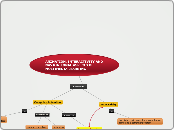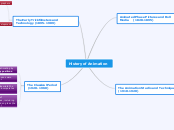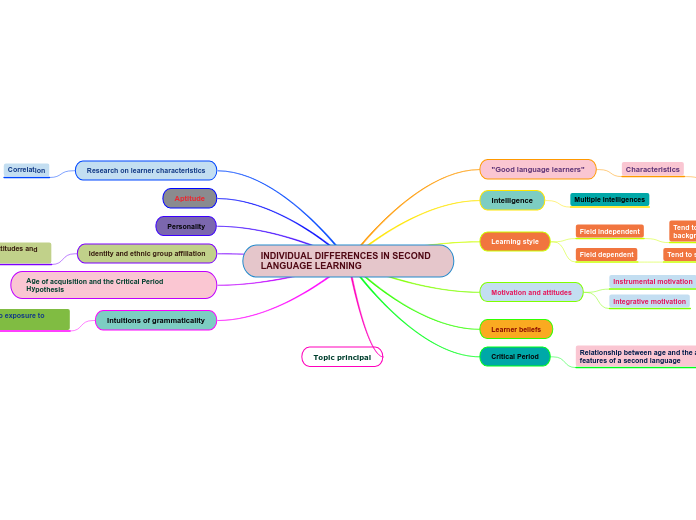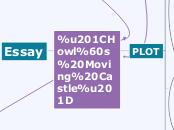ANIMATION, INTERACTIVITY AND NAVIGATIONAL ASPECTS OF MULTIMEDIA LEARNING
introduces
Interactivity
the dialog that occurs between a human
being and a computer program
Computer Animation
is used to
Improve learning
through
Navigational Aids in Multimedia Learning
are
devices or elements that help learners make
their way through complex information
constituting
of verbal and graphical devices such as headings, introduction, section number, table of content,
concept map, hyperlinks and tables
categorized as
Semantic Grouping and Expandable Menus
of designing large hypertext databases and structuring explicit menus so as to balance depth and breadth
Concept Maps in Hypertext Comprehension
of advance organizers which help readers to build representation of contents and organization of materials which activate knowledge and encode relations between topics
Concept Maps and Graphical Representations
of diagram showing relationship among different ideas, images or words through graphical tools to organize and represent them
includes
Implications for Instructional Design
involves
five principles for the integration
of animations in teaching and learning
consist
Principle 5
are about
multimedia instructional material that includes options to activate animation and information should be clear to avoid redundancy between static and animated visual materials
Principle 4
guidance to learners to make them aware of changes
in animation by using auditory or graphics elements
Principle 3
conveys
information which gives learners
control over the pace of animation
Principle 2
represents
events successively in the animation so that learners can build a functional mental model of the display
Principle 1
is that
animation should not contain excessive elements
that is not necessary to understand a concept
reducing high cognitive loads through animations
animation is used when it involves change over time
and when observation is impractical in real life
motivating learners to learn through animations which form part of the multimedia learning environments
Implications for Cognitive Theory
animation may induce a superficial processing of the animated content and lead to the illusion of understanding
animation enable learners to visualize the
system so to be able to mentally stimulate
animation can lower the cognitive loads imposed on learners in building mental representation of abstract concepts
Enabling exploration through incorporation
of interactive support
learner explores the animation in order to
understand and memorize the topic under study
Producing a cognitive conflict
providing different scenarios including animations to improve learning and help students to make their conceptions explicit
Supporting the Visualization and
the Mental Representation Process
means
facilitates the buildingof mental
representation of the concept to be learnt
consists of
animation
computer graphics
is
the art of creating moving
images with the use of computers









